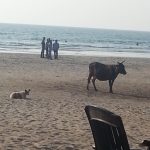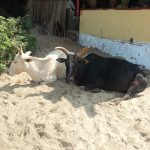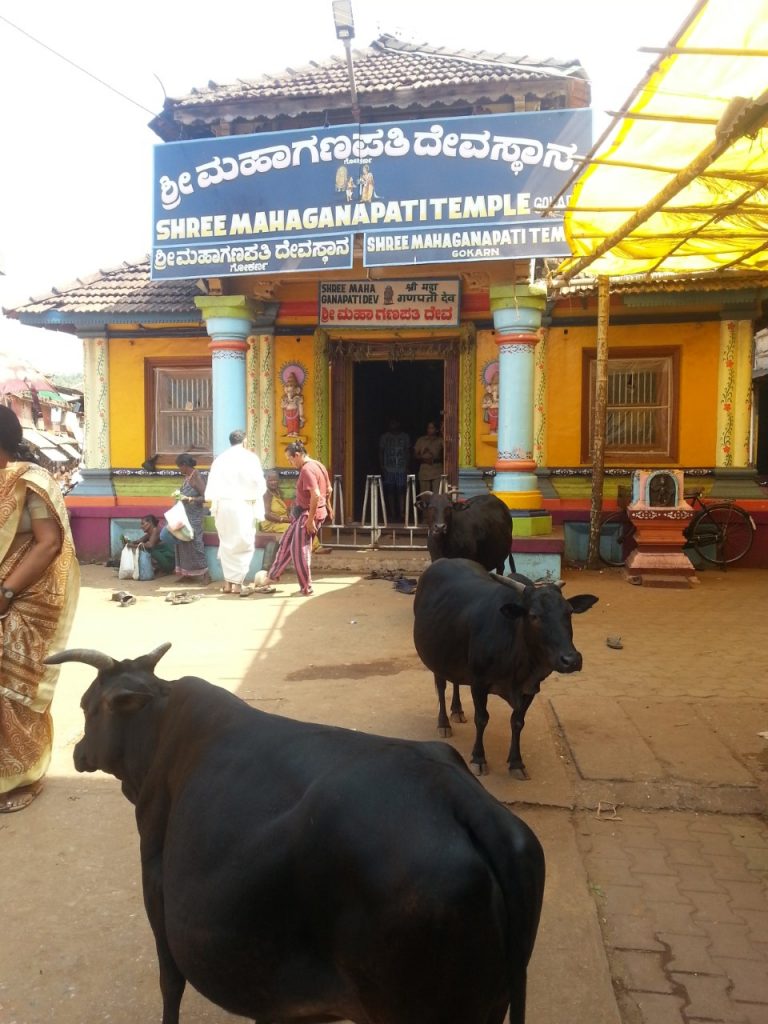 On my various travels around India, I found out that Hindus revere and worship cows. Hinduism is a religion that raises the status of Mother to the level of Goddess. Therefore, the cow is considered a sacred animal, as it provides us life sustaining milk. The cow is seen as a maternal figure, a care taker of her people, and is a symbol of the divine bounty of earth.
On my various travels around India, I found out that Hindus revere and worship cows. Hinduism is a religion that raises the status of Mother to the level of Goddess. Therefore, the cow is considered a sacred animal, as it provides us life sustaining milk. The cow is seen as a maternal figure, a care taker of her people, and is a symbol of the divine bounty of earth.
It is considered a sin to kill a cow and eat its meat. Even today in India, there are many states in which the slaughter of cows is illegal. That is why you can find cows roaming freely all over India, even along the busy streets of Delhi and Mumbai.
Ayurveda is a big proponent of the sattvic qualities of milk and dairy products. That is why most Hindus are vegetarian, but not vegan. Fresh, organic milk, yogurt, buttermilk, paneer (homemade cheese) and ghee, are all considered highly nutritious, and an important part of the diet. Not only do these dairy products provide important protein and calcium for our tissues, but are sources of Ojas, which gives our body strength and immunity.
Besides their milk, cows also provide many practical purposes, and are considered a real blessing to the rural community. On the farm, bulls are used to plough the fields and as a means of transportation of goods.
Cow dung is saved and used for fuel, as it is high in methane, and can generate heat and electricity. Many village homes are plastered with a mud/cow dung mixture, which insulates the walls and floors from extreme hot and cold temperatures. Cow dung is also rich in minerals, and makes an excellent fertilizer. There is a big organic farming movement in India to return to ancient methods of utilizing cow dung to re-mineralise the depleted soil.
Ayurveda understands that some physical and emotional health crisis can not be healed by diet and herbs alone. They need the deeper and subtler healing of these types of Vedic ritual ceremonies to clear astrological past karma. The holy cow again offers its bounty by providing the ingredients in the Panchamrit, or blessed drink, that is distributed after the ceremony. Panchamrit translates as “sacred ambrosia” or “nectar of the gods” and is made up of 5 items – milk, yogurt, ghee, honey and sugar. By drinking this sweet prasadam, one is infused with the divine energy created during the puja, and is healed. 

